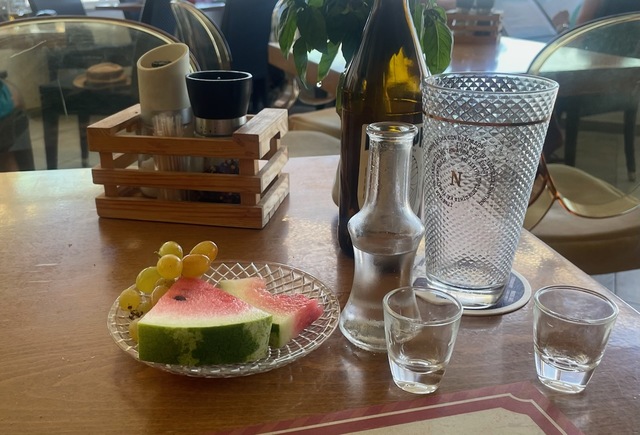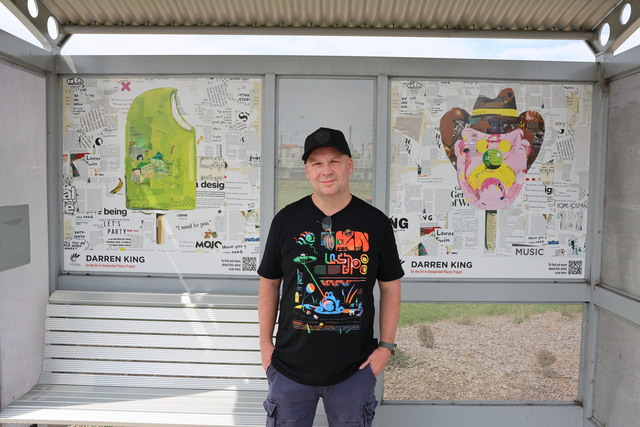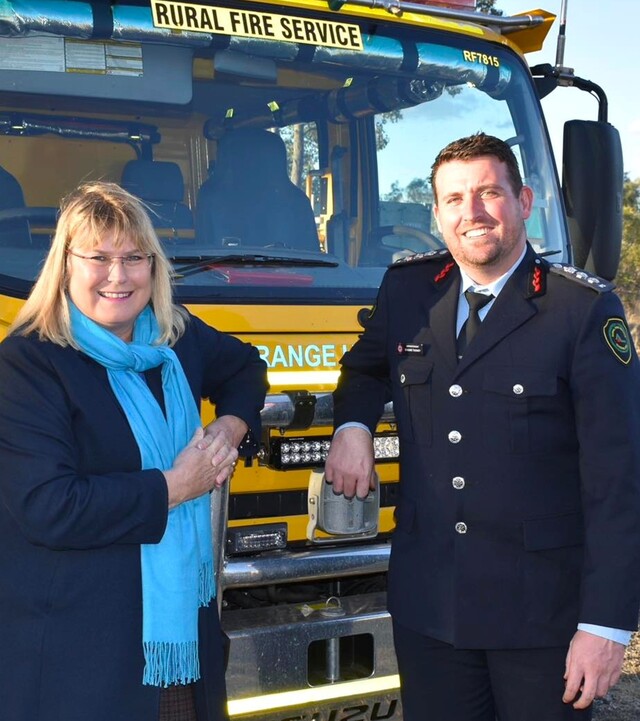I am writing this in early May, so I’m assuming that the Budget won’t have been as grim as the Commission of Audit’s prognosis.
Nevertheless all parties have seriously over-reached themselves. Putting a group of zealots in one place was always going to deliver an over-the–top report from the Commission. This, followed by scare-mongering by the Treasurer, shows a serious lack of political judgement.
The Australian public expects federal governments to lead in a measured and democratic way – not by sponsoring a hotch potch of ideology-driven proposals. The fact that the Commission didn’t lay a glove on the defence community and the miners confirms this.
But it’s the WHY question that is fascinating. Treasurer Hockey et al would have us believe the Commission’s report was advising the Government on how to restructure the Budget deficit in a longer-term context. But it’s much more.
Peter Kittler, Canberra-based Cockatoo member, offers a fascinating insight. He had a spell in Treasury and understands the mindset. He argues that ‘the Libs are setting the scene for dismantling the national framework as we know it, so we become an association of states with a separate national government rather than a true federation.
Why? Because it accords with their doctrine of minimalism. Only do what you really, really have an unavoidable legal obligation to do.’ Peter goes on to suggest that if fundraising powers were re–set along the same lines, Treasury’s holy grail of vertical and horizontal fiscal equalisation could be achieved.
He says “this would see the Feds washing their hands of all but a few tasks assigned under s51 of the Constitution e.g. trade, foreign affairs, defence, immigration. The States would pick up industry regulation, social security, health, hospitals, disability, roads etc. – for which they will get devolved funding powers equal to the task. Much coordination and overlap would be stripped out, with a massive reduction in government activity.”
Peter’s analysis makes eminent sense because observers have been wondering why the Feds have vacated urban affairs and tourism. They are the thin end of the wedge! Indeed, at the latest COAG press conference, PM Abbott waxed lyrical about how each level of government needs to be “sovereign in its own sphere”. That is what the upcoming Federation White Paper will explain.
Canberra still worth visiting!
On Eddie Maguire’s TV quiz show recently a young chap was gunning to win $100,000, and an overseas holiday was his dream. But he guessed wrong and Eddie said a holiday to Canberra would have to suffice. The crowd absolutely hooted.
It got me thinking. Why do so many people deride Canberra? But then the latest Audit and Budget drama drove it home.
Well PLEASE take a tip – visit the War Memorial, the Portrait Gallery and the National Gallery, followed by a casual lunch at the National Library. And meet the locals, who are a great cross-section of Australian society. This is not commonly understood. Take for example my golfing mates – they grew up in Dapto, Canowindra, Glenelg, Warragul, Nunawading, west Sydney, Marulan and towns in Spain and northern Ireland. The result, I humbly suggest, is that Canberrans are pretty egalitarian and well-grounded.
Canberra’s other permanent residents of course include the bureaucrats. They used to comprise a hotbed of open and independent thought, energy and irreverence. But now they’ve morphed into politically correct souls with cumbersome procedures governing their communication with external stakeholders.
What’s this got to do with local government? Well two things. First, it means you’re facing greater difficulties in getting a hearing with federal officials.
Secondly, there is a risk that councils will also become rigid and process-driven. This would be a great shame since spontaneity and responsiveness should be the province of local government.
Submarines…a snow job
Defence Minister David Johnston is a decent fellow and a good operator, but he dropped the ball in a confusing press conference last month.
He began by confirming the Government’s preference was to construct the new-generation submarines in Adelaide. He said there’s a commitment to ensure that the work is centred on the SA shipyards.
But he added that industry ‘must demonstrate an ongoing capacity to meet international benchmarks with respect to productivity, cost and schedule’’ and that the Government hadn’t ruled out buying submarines or technology from Japan. He then raved about the diesel-electric capabilities of the Japanese subs, said it’s the only country building the type of boat required by the RAN, and that discussions with the Japanese are well advanced!
He then said ”it may well be that we have more than 12 submarines…what I am looking at is a long-term commitment of 20–30 years where we learn the lessons of submarine construction. Don’t think about numbers, think about a long-term enterprise.’’
Observers here are asking:
(1) Was Johnston’s rave about Japanese subs some sort of Australia-Japan Free Trade agenda?
(2) Why in God’s name would he be talking about more than 12 submarines?
(3) Why aren’t our subs out looking for the Malaysian jet?
We know the answer to (3) at least.
Foreign investment in real estate
The House of Representatives is inquiring into foreign investment in Australian residential real estate. It comes when Credit Suisse is reporting that Chinese buyers are spending $5.4 billion a year on Australian properties, and a generation of Australians is being priced out of the property market.
While foreign investors cannot buy established dwellings as investment properties, temporary residents can, provided they sell them when they leave Australia. But there are big doubts that this is being enforced.
Interestingly Canada recently moved to cut its Federal Immigrant Investor Program after criticism for granting citizenship and land entitlements to wealthy foreigners without the expected economic benefits. Rocketing housing prices in Vancouver and elsewhere was a factor.
But there’s a bigger issue at stake here. Most foreigners haven’t a clue about what regional Australia has to offer. Meanwhile, our local mindset is gangs of unemployed youths driving around western Sydney taking potshots at each other.
Why not make regional Australia home to hard-working migrants? Griffith and Mareeba took off because of hard-working Italians, Woolgoolga got a boost from Indian Sikhs, Footscray is more vibrant due to its Vietnamese, the Balts shaped the Snowy Mountains ski resorts, and Hahndorf established a point of difference around German immigrants.
However there are no federal programs to help shift migrants to jobs in the regions. This is something the Inquiry must surely examine, and councils or ROCs should get motivated and make a submission. Please ring if you’d like a hand.







